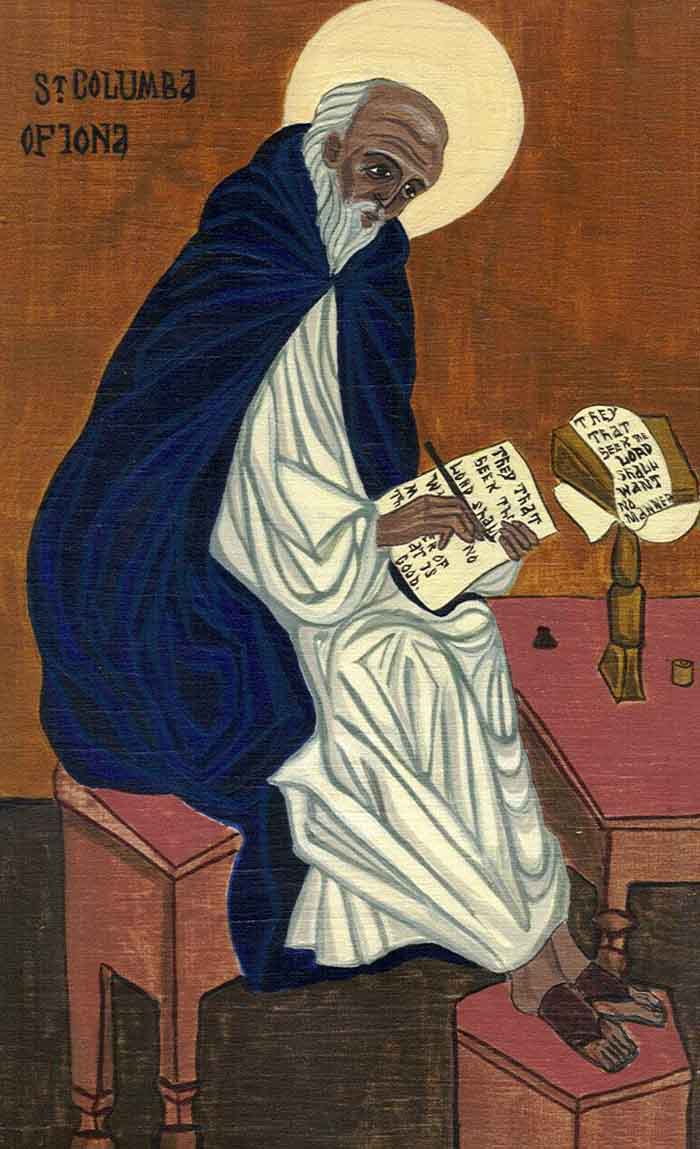+
Eamon Duffy writes: "Robert Parkyn homes in on the same variation in practice between the two prayer books: for the table (whereatt theolly Communion was ministered in the qweare) was hadde down in to the bodie of the churche in many places & sett in the mydde allee emonge the people … uppon wich table a loaf of whytte bread such as men use in their howses with meate and a cuppe of wyne was sette without any corporax … the priest or minister … straightly forbidding that any adoration should be done there unto, for that were idolatrie, said the boke, and to be abhorride of al faithfull Christians … Oh how abhominable heresie and unsemynge ordre was this, let every man pondre in his owne conscience.
"And preaching in Bristol, Roger Edgeworth homed in on the same subject. This, he told his hearers, ‘is the verie property of Heresies, thei be ever unstedfast and not agreinge arnonge theim selves, but some one way and some another … for example, how manie maners and dyverse wayes of ministeringe the Cammunion have we hadde among us?’ He then launches into a description whose essential features are by now familiar – the common bread irreverently laid on the tablecloth, the people driven from the chancel lest they see and worship, ‘and anone that way seemed not best, and therefore was there veils or curtens drawn, yea and in some churches the very Lent cloth or veil hanged up … to hide it’, the tables in the nave, the ministers turning ‘East or West or North or South’. This ‘pulling down of altars and setting up of boards’, he tells his hearers, was also the mark of the Arian heretics in the early church. But now, if we ‘convert ourselves to the God of grace, he will solidate, stay and settle us sure, contrary to all such inconstancy.’
Duffy, Eamon (2012-05-24). Saints, Sacrilege and Sedition: Religion and Conflict in the Tudor Reformations (p. 228). Continuum UK. Kindle Edition.
Tonusperegrinus writes:
Having written previously about what I call - metaphorically - 'the new Arianism' of unbridled sensuality, sexuality and revolutionary service to the self alone, I am reminded that these"new Arians" of my era also got up to pulling down altars and placing tables hither and thither and experimenting with 'breads' etc. It seems to go together that the worship of the self carries with it a great hate of the Altar of God and will not rest until making sure that the worship due God in His Temple and in His Sarifice is eliminated.
+
















